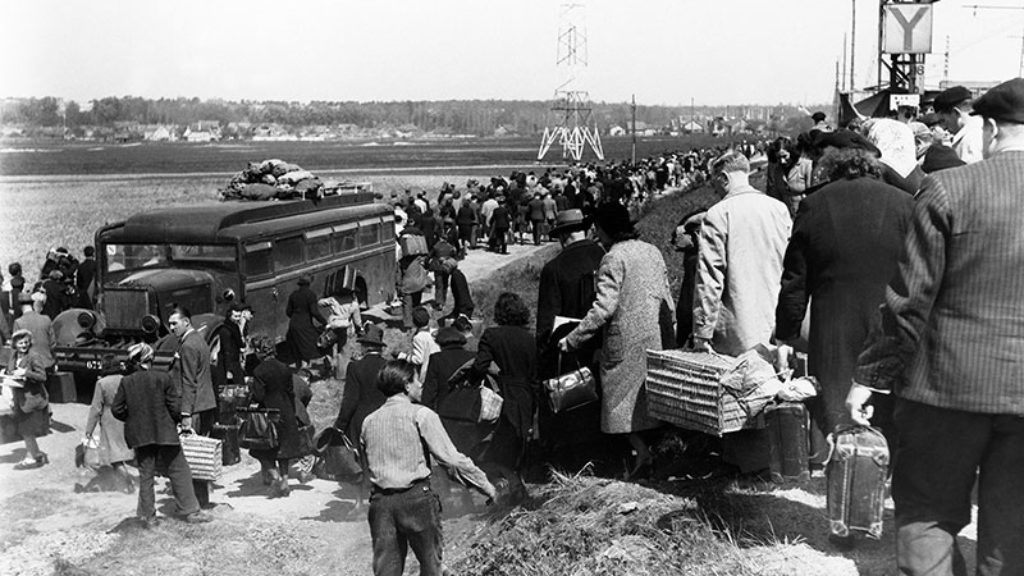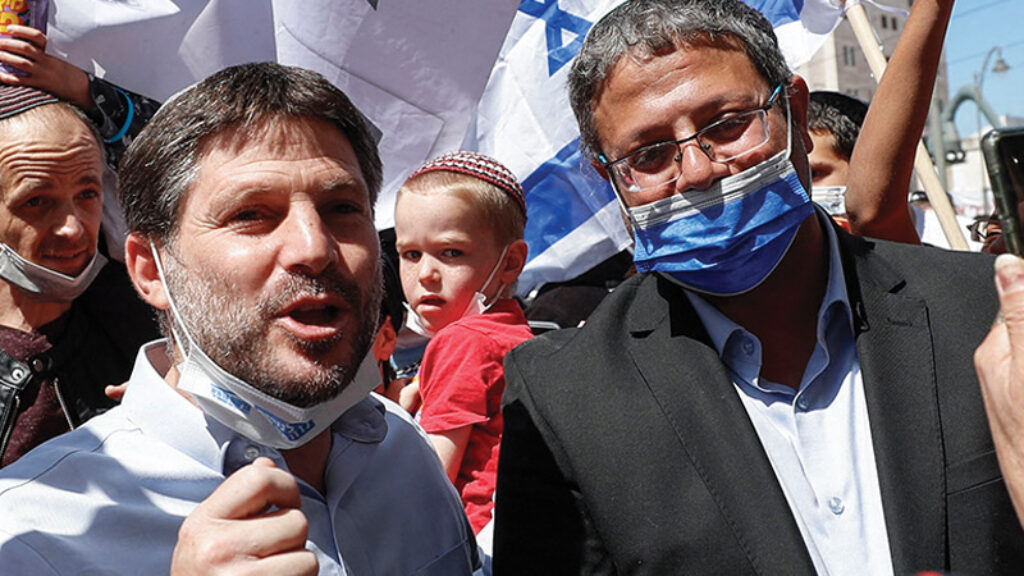Not Rain
On the morning of Simchat Torah, when the Torah reading cycle is completed, I awake in my house in central Israel to low rumbles. Storms had not been forecast, but perhaps it was an early sign of the much-anticipated winter rains? After all, today is the day when the prayer for rain is recited. Walking to shul, I pass the conspicuously closed garage of my neighbor, Moshe, a tough and tattooed secular Israeli who normally spends Shabbat and holiday mornings tinkering intently on his motorcycle. In synagogue, the Torah reader suddenly picks up his ringing cellphone, nodding as he is told to be ready within half an hour. Something inexplicable, tremendous, and terrifying is taking place. Not rain; war.
Unbelievable rumors begin to spread about Hamas launching incessant rocket attacks from the Gaza Strip, and then invading the kibbutzim in Southern Israel on paragliders and in trucks, taking hostages and massacring partygoers. By the time the abridged service concludes, there is barely anyone left in shul, many congregants reporting to their army bases. Half a century after the 1973 War almost to the (Gregorian) date, the terrible mixture of holiday spirit and existential fear visits Israel once again, only this time it is not the quiet solemnity of Yom Kippur that is disturbed, but the raucous joy of Simchat Torah.
Upon the holiday’s conclusion, I turn to the news and social media that tradition had shielded me from, yet still nothing is clear, certainly not the horrifying scope of the atrocities. Within days, the names of the victims begin to circulate, some of them recognizable. The fun-loving photographer whom I had just booked for my daughter’s bat mitzvah, murdered at the Supernova music festival in Re’im. The peacenik child of a student I once taught at Ben-Gurion University, killed at the same event. There are also the remarkable stories of bravery that we all read and reread, including a grandmother held hostage in her home by Hamas terrorists, craftily feeding her captors coffee and cookies like a modern-day Judith, until her policeman son and fellow officers burst in to rescue her. I read of a retired major general racing from Tel Aviv to the border community of Nahal Oz (the “Stream of Courage”), where he fought off terrorists and freed his son, daughter-in-law, and grandchildren.
Later, I learn of my neighbor, Moshe, who, the second he heard from his daughter that something awful was happening, jumped on his motorcycle and sped to Nahal Oz. His nineteen-year-old daughter, Shira, had been serving there as a border observer when her small base was attacked by Hamas. A quiet, petite woman, I knew her mainly from the hair-salon down the block, where she used to answer the phones and wash hair.
On Friday morning, Shira was laid to rest. When her family left for the funeral, the street was lined with hundreds of neighbors, many with Israeli flags, crying silently, and thinking about what comes next.
Comments
You must log in to comment Log In
Suggested Reading

33 Days and Four Years
Leon Werth chronicled both the chaotic flight of French civilians from the advancing Germans and the long years of a French Jew living in "free" France.
Hope, Beauty, and Bus Lanes in Tel Aviv
From the floor of Tel Aviv's City Council, Israel's future looks more promising than many would think.
Ready to Wear
Textiles can tell the story of how modernity, for all its many blessings, often erases the practices and values of the collective, celebrating the individual at the expense of community and novelty or fashion at the expense of tradition.

On That Distant Day
Benjamin Netanyahu is back in the Prime Minister’s chair, but where are the factions who put him there taking Israel?
Phil
So much heartbreak and clarity in not so many words.
Indeed, what comes next... and after that?